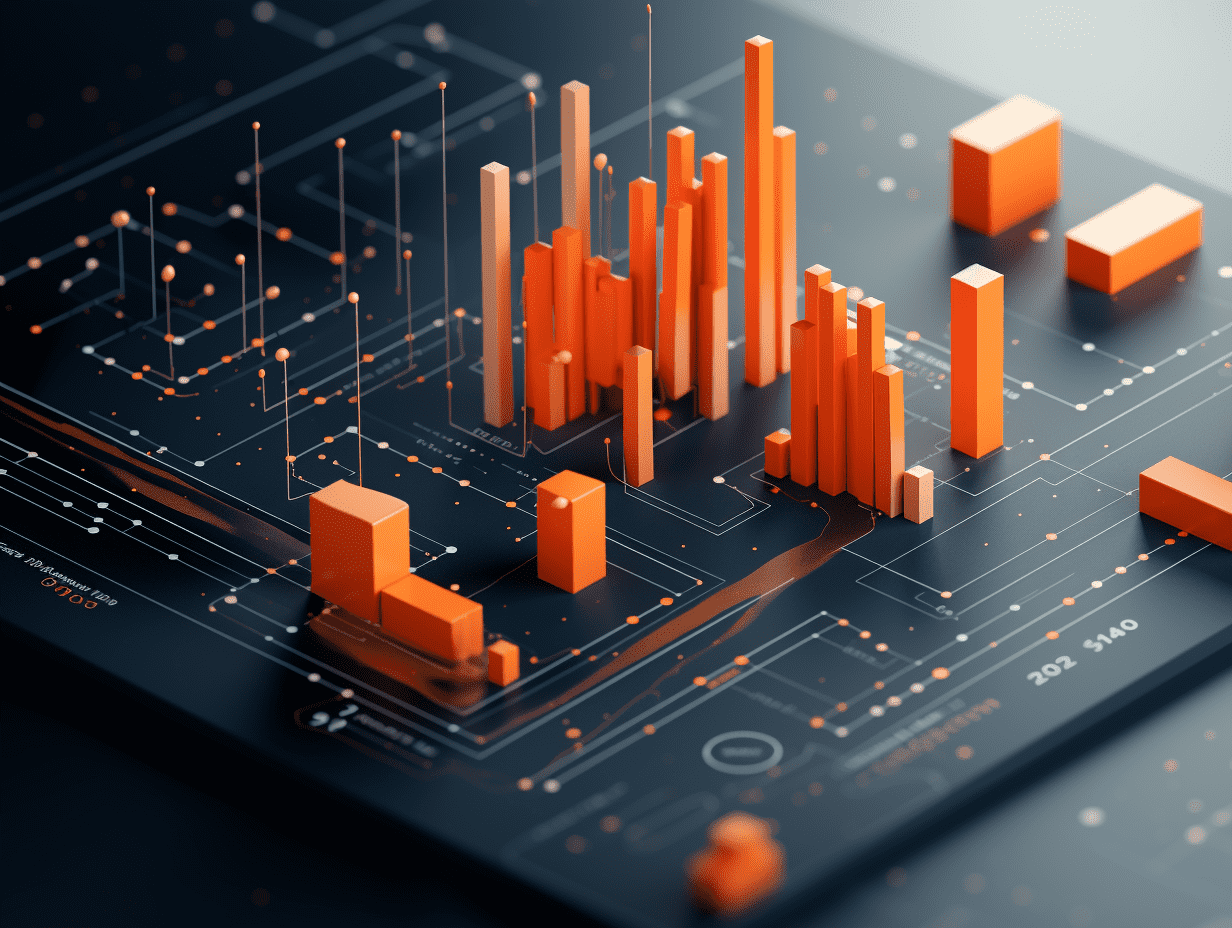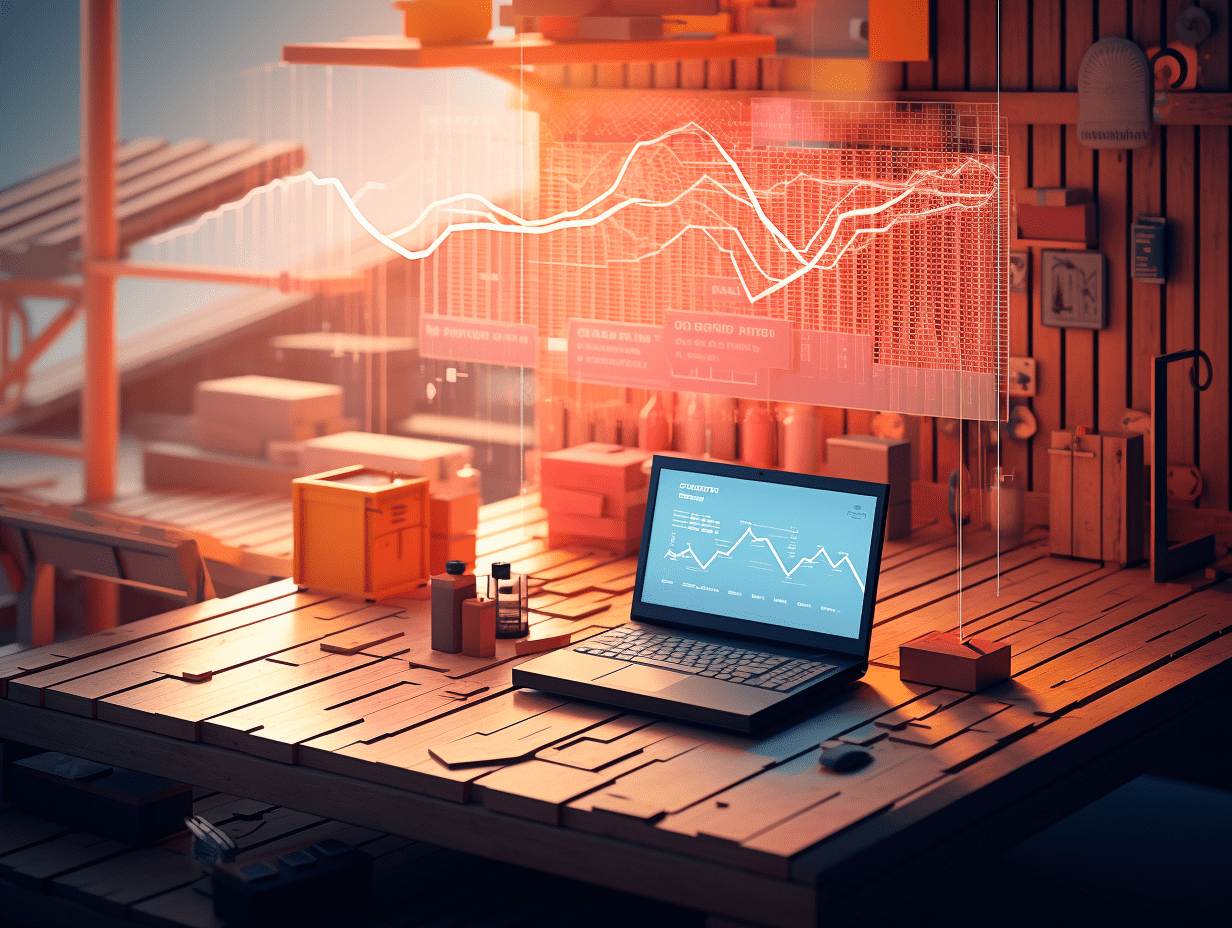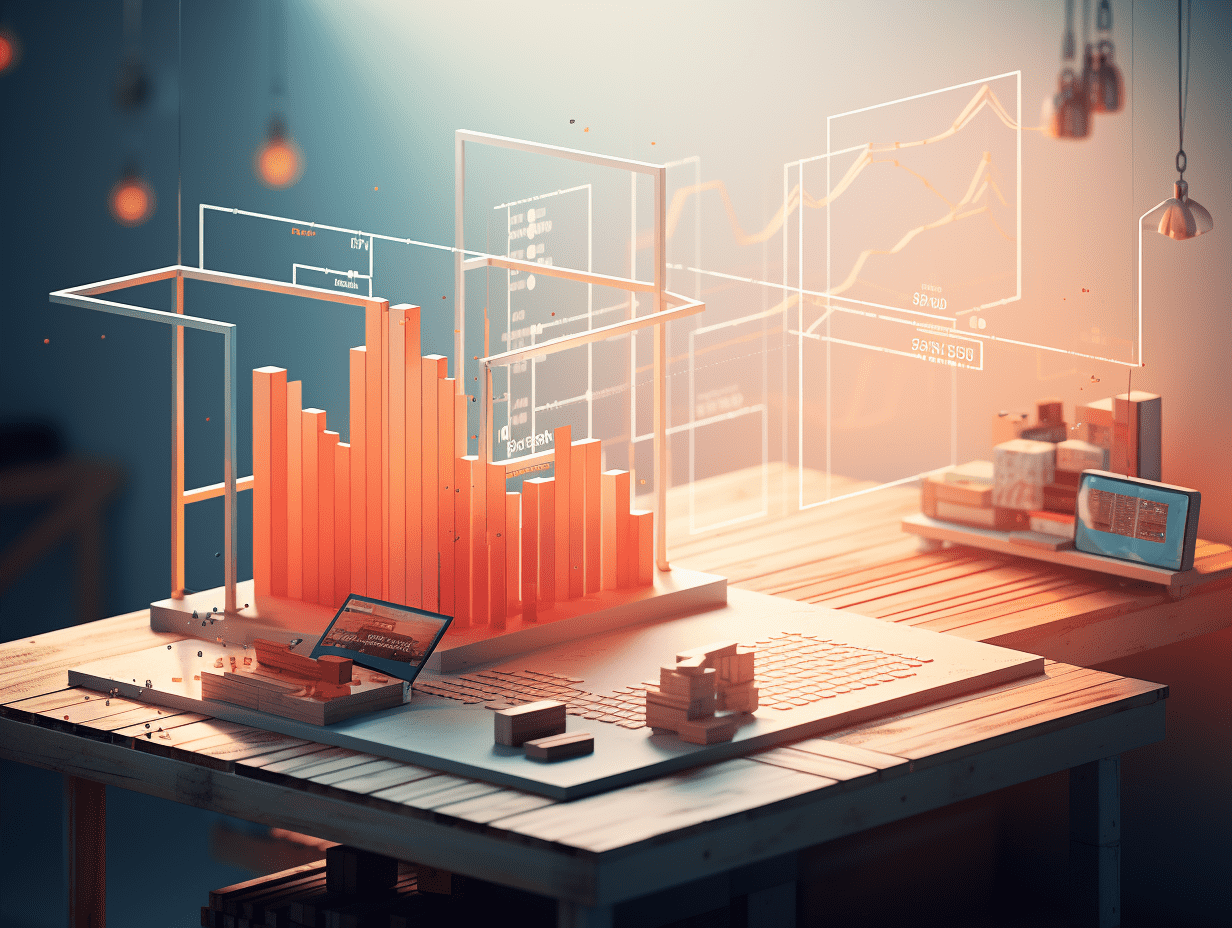American tariffs "create chaos", SoftBank and OpenAI's "Stargate" project hit obstacles.
SoftBank's plan to invest $100 billion in building artificial intelligence (AI) infrastructure in the United States has slowed down because the economic risks caused by U.S. tariffs are hindering financing negotiations.
SoftBank Group's plan to invest $100 billion in building artificial intelligence (AI) infrastructure in the United States has slowed down due to economic risks triggered by US tariffs hindering financing negotiations.
SoftBank founder Masayoshi Son and OpenAI co-founder Sam Altman announced the "Interstellar Gateway" project in January this year, promising to "immediately" start deploying $100 billion and gradually increase its scale to around $500 billion. However, more than three months have passed, SoftBank has not yet developed a financing template for the project, nor has it engaged in detailed negotiations with banks, private equity investors, and asset management companies.
Earlier this year, the company held initial negotiations with dozens of banks and alternative asset management companies (including Mizuho, JPMorgan Chase, Apollo Global Management, and Brookfield Asset Management). However, sources revealed that with increasing economic volatility and decreasing prices of AI services, financiers are re-evaluating data centers, and no deals have been reached yet.
President Donald Trump's aggressive trade policies have had a negative impact on financial forecasts of AI businesses. Sources stated that rising capital costs (as loan institutions and debt investors avoid high-risk investments) and concerns about a global economic downturn weakening the demand for data centers have led to discussions being at a standstill.
What complicates matters is the emergence of a large number of cheaper AI models, such as that of Chinese startup DeepSeek, which has raised doubts in the market about the long-term profitability of OpenAI-related projects.
Sources stated that SoftBank has established a team of 20 to 30 people in its Vision Fund portfolio investment department, focusing on the "Interstellar Gateway" project and accelerating the deployment of large-scale data centers.
However, uncertainties are putting pressure on negotiations. Analysts led by Michael Elias at TD Cowen stated that as tariff negotiations are initiated for all products from server racks to cooling systems and chips, the construction costs of data centers could increase by 5% to 15%, with some operators facing even higher costs.
Due to concerns about overcapacity, potential investors in the Interstellar Gateway are also in a wait-and-see mode. Tech suppliers have been pouring billions of dollars into data centers to support AI, but now Microsoft is pulling out of global data center projects. Analysts stated that Amazon is adjusting its data center strategy, and Amazon Web Services reported its slowest growth in a year.
OpenAI itself has also experienced some turmoil, adding more uncertainty. After facing public opposition from former employees, scholars, and competitors, Altman had to abandon the plan to transform the startup into a for-profit entity. Altman stated that regardless, SoftBank is prepared to continue fully investing $30 billion in OpenAI. However, the restructuring plan has not yet received approval from one of its largest shareholders, Microsoft.
Sources revealed that for 67-year-old Masayoshi Son, market volatility and investor doubts are just minor issues, as he believes that the demand for AI will experience exponential growth, promising huge returns.
Long-term investor in SoftBank, Chad Kay of Comgest Asset Management Japan Stock Strategy Co-Head, stated that SoftBank's $50 billion investment in the Interstellar Gateway project is expected to yield a return of 15% to 20% after recovering all costs in five to six years.
He stated that SoftBank is one of a few global investors capable of completing such large-scale deals, but many conditions need to be met, including a "significant" data center utilization rate.
He stated, "It would be great if we could know exactly where all the money is going in the next few quarters. I don't think anyone can do that right now, and even Masayoshi Son may not have made a decision yet."
Related Articles
.png)
"Trump put options" rekindle, S&P 500 index surges.

The wave of American decline is strong, these indicators are worth paying attention to.

Stock god transforms into bond king! Buffett becomes the fourth largest short-term debt holder in the United States, even more than the Federal Reserve.
"Trump put options" rekindle, S&P 500 index surges.
.png)
The wave of American decline is strong, these indicators are worth paying attention to.

Stock god transforms into bond king! Buffett becomes the fourth largest short-term debt holder in the United States, even more than the Federal Reserve.

RECOMMEND

Powell Strikes a Hawkish Pose! Bond market rate cut dreams shattered, traders urgently reshuffling positions.
12/05/2025

Federal Reserve officials "collectively release information": Be cautious about the inflation risk of tariffs, not in a hurry to cut interest rates.
10/05/2025

National Bureau of Statistics: In April 2025, the year-on-year decrease in the producer prices of industrial products at the factory was 2.7%.
10/05/2025


